Following Trends Isn’t Trendy For The Planet
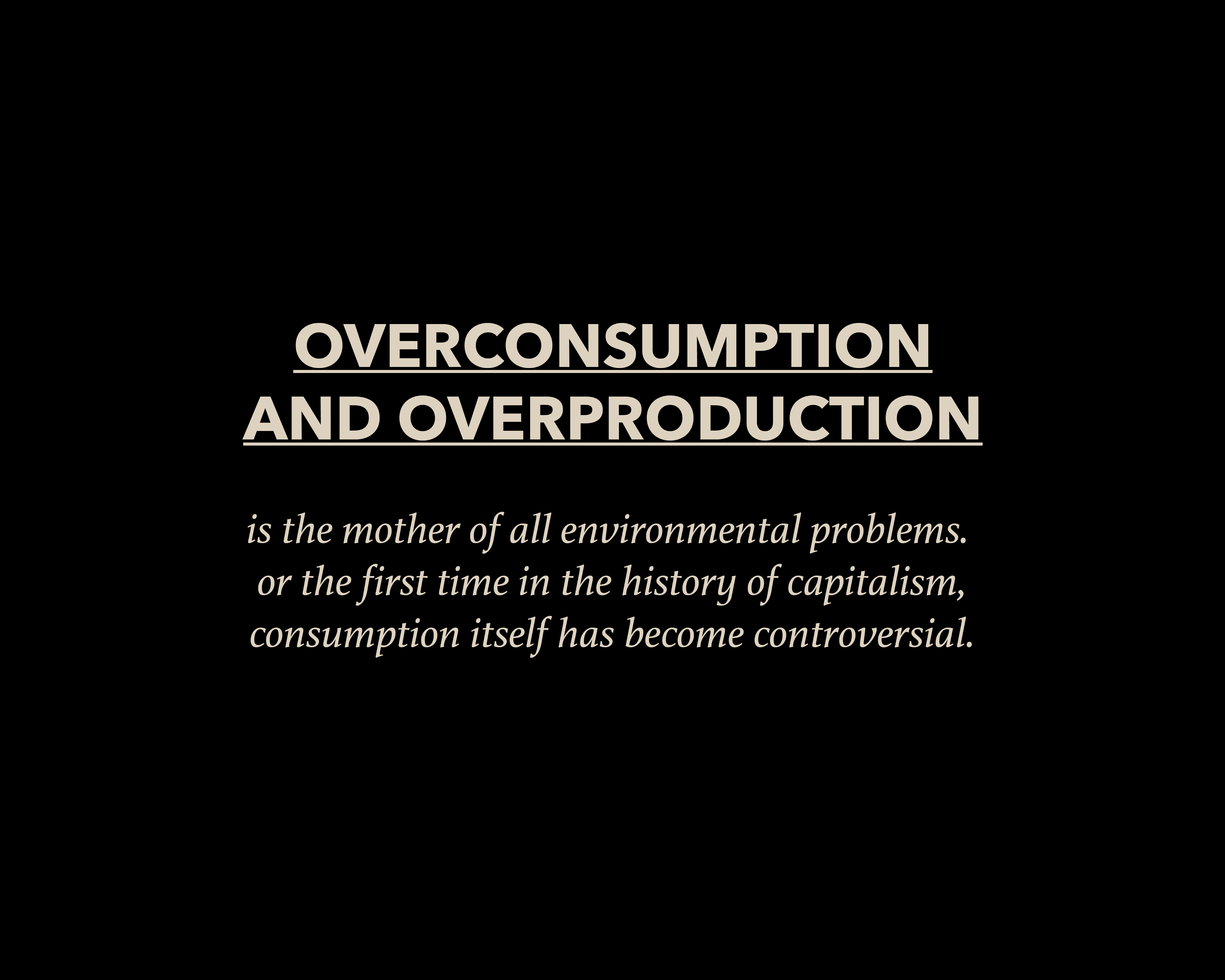
The philosophy that we, as humans, want bigger, better, and the newest things is true for many of us. Especially today with the rise of capitalism where materialism overrules more minimalist values of living. We soon realise that chasing after materialistic values would lead to overproduction and overconsumption, which then have direct effects on sustainability and the future of our planet and well-being.
Marketing has done a great job of instilling purchasing desires that are over the top and excessive in consumers. We constantly see new trends being rolled out every season, which creates an obsessive culture that retailers and brands can profit from—especially observed during Black Friday and Cyber Monday.
At the very gist of it, trends originate from a person’s—or a group of people’s—ideas of what is socially acceptable. But is it worth following if the consequences are short-lived?
Let’s explore some upcoming trends that we can take as examples and investigate on how to compromise for a much healthier alternative.
Black Friday & Cyber Monday
Black Friday was first established to signal the beginning of the holiday shopping season. Originating in the US, many were given a day off from work as a continuation to Thanksgiving, making it a long weekend that everybody loves. Many retailers saw this as the opportunity to attract a crowd of shoppers through heavy promotions of deals and offers. It was in the mid-1990’s that Black Friday swept the US nation and decades later became an international phenomenon that continues to this day.
Cyber Monday occurs the following Monday after the weekend of Black Friday. It is seen as the unofficial start of the online holiday shopping season, where people resume back to work whilst still keeping the gifting holiday momentum alive through e-commerce. Again, excessive promotions of deals and discounts are offered to create a sense of urgency to purchase, which is a marketing tactic that should now be considered twice in terms of effects on waste and consumption. Retailers would increase their production rate and compromise on quality, sustainability and equity to profit from these important dates. The present consumer culture needs to change in order to prevent our Earth from hurting.
Electronic devices are the main purchased goods during Black Friday. Thrown out gadgets are even more harmful for the environment and the people living in slums around landfills. When electronics are not disposed properly, toxins including lead, mercury and bisphenol-A (BPA) can contaminate our soil and crops. This is not something we want for our health and well-being on Earth. Upgrading our items with the latest or newest series or collection just because they are on sale would then be highly questionable if it’s at the expense of our health.
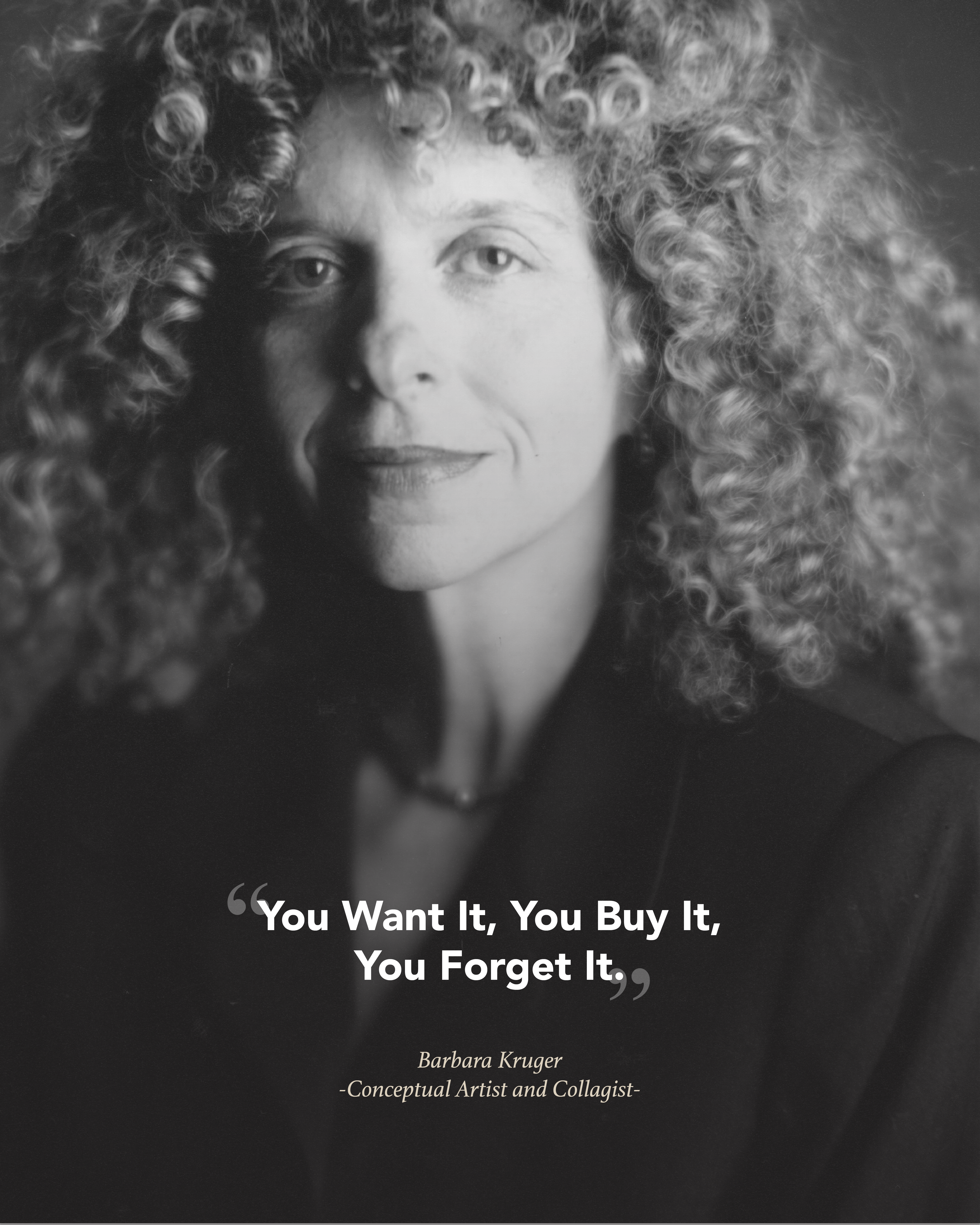
The 1 People team believes that profiting from Black Friday and Cyber Monday sales will only inspire short-term happiness, which is not at all sustainable for your well-being. On the other hand, living slow and staying mindful of the present without getting caught up by digital screens as practiced through hygge will inspire long-term contentment that benefits us emotionally, physically and socially.
Fashion Trends
We often look to A-list celebrities and fashion icons to get clothing and style inspirations. Magazines and (digital) media are primary sources to see what’s in and what’s new. Following trends is an endless, vicious cycle of society telling us to shop what’s in and what’s new all the time, without telling us its hurtful impacts on our planet. Again, this would impact our mental well-being and mindfulness in the long-run, too.
Yes, following trends might boost social esteem and, therefore, provide a sense of gratification for the self. And yet, the sense of self or identity is lost once we follow in the footsteps of somebody else’s definition of what’s in and what’s not. The 1 People team strongly believes that sustained, long-term happiness over short-lived trends should be the mindset. Prioritising on key styles that truly show the unique identity of the wearer.
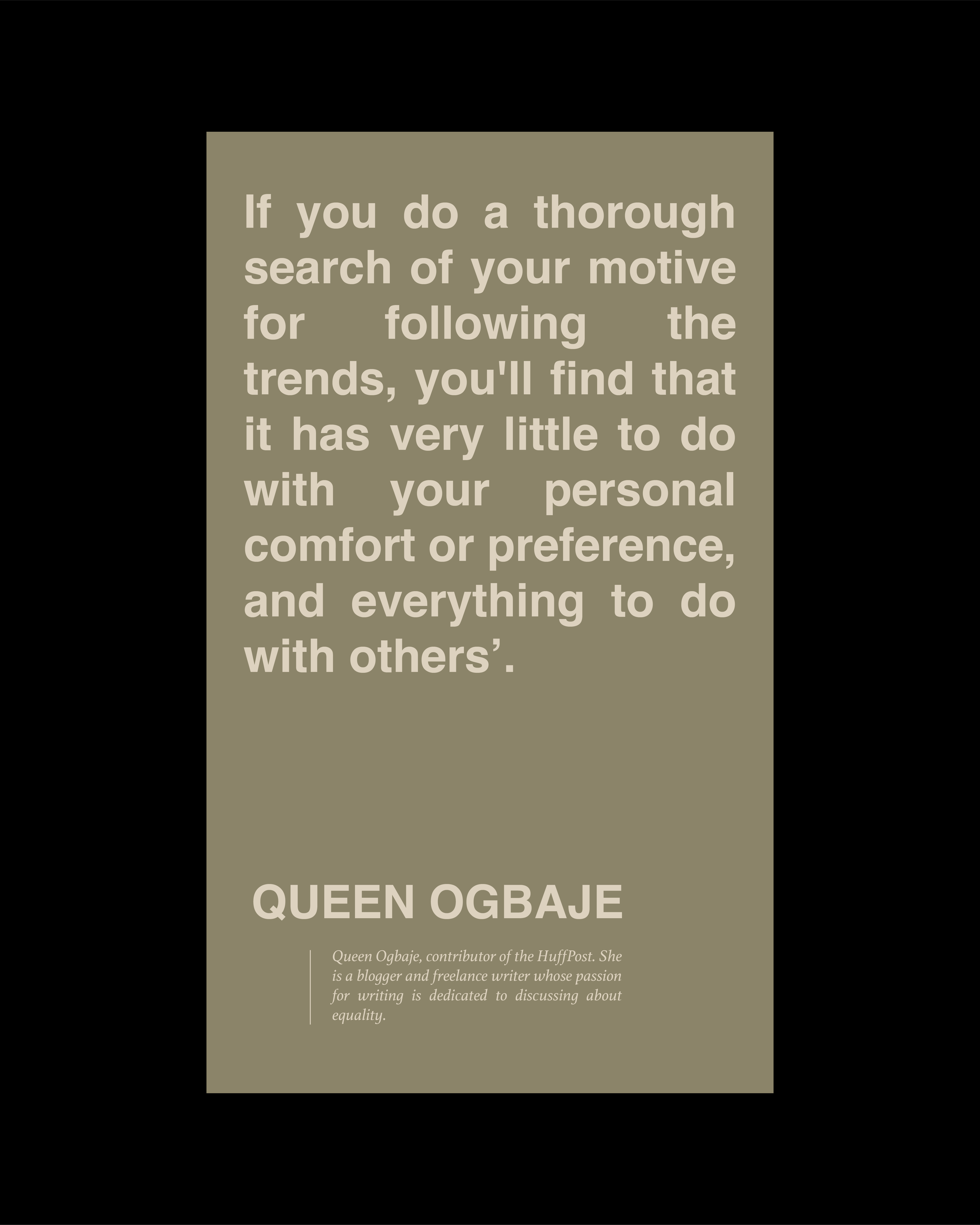
On top of that, trends don’t last. It’s simply unsustainable compared to choosing timeless styles that can be rotated throughout any season. What’s new today might be outdated next month or season. The fate of trendy hauls would then end up staying in the back of the closet for years to come or, worse, destined for landfills as textile waste.
Why Following Trends is Bad
In today’s climate emergency, everything is too connected to be unseen. We become cognizant of overproduction and globalisation’s impacts on the environment and humanity, and start making connections about how our consumption behaviours affect our wellness and well-being.
The 1 People team sees following trends as the opposite of what zero waste stands for. Most trends are not about circular design, as it still revolves around fast fashion due to the amount of collection and pieces that undergo mass production in a short period. Eventually, something has got to give—it’s either profit or labour.
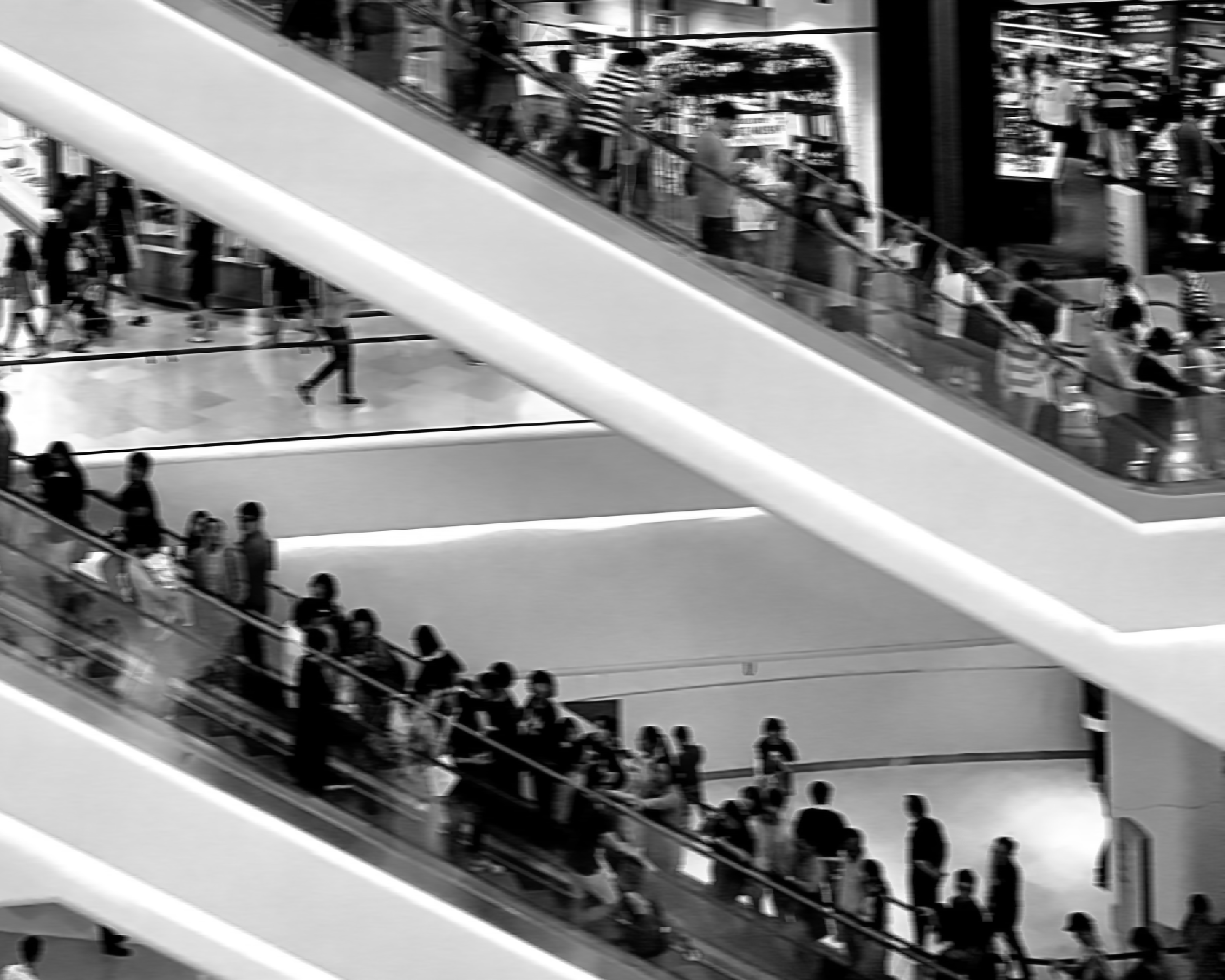
In recent times, eco fashion, or slow fashion, and sustainability have been on the rise in the fashion industry. Big retailers and luxury brands are promoting a more sustainable agenda, and more conscious brands are paving the sustainability niche to the mainstream. Through promoting timeless styles that can be rotated; circular fashion design of garments; capsule collections that can be worn all year long, the slow fashion scene is growing bigger for consumers to have options to choose from.
A requirement to be made would then be the desire to invest in quality, and slightly pricey clothing in order for it to be truly timeless for your wardrobe. Surely, this would be different from the quality offered during Black Friday and Cyber Monday sales.
Invest in Timeless Pieces
Timeless styles are rooted in minimalism, due to its simplicity and ability to be mixed and matched with existing pieces from your wardrobe. Versatility of the garment is important, too. When a piece of clothing can be worn for multiple occasions and its style allows you to be mixed and matched or dressed up or down, then you have found your timeless piece that can be rotated all year long. Even summer pieces can be worn for autumn or winter.
Invest in high quality garments with a perfect finish that could be worn all year long. The must-haves in your wardrobe normally consist of the neutral-toned top such as shirts, the casual midi dress or short dresses, jumpsuit, and bottoms such as the mom shorts or wide-legged pants.
Curating a capsule wardrobe is not easy, but it’s certainly worth the effort. A capsule wardrobe or collection, “only features the most essential or influential pieces”, according to Business of Fashion. The above-mentioned pieces could be included in a capsule wardrobe of your choice, but only if it speaks to your personal style. For instance, 1 People’s range of Danish-designed capsule collections not only include ready-to-wear, but accessories, vegan bags, vegan shoes, athleisure, resort wear, and more—which could all be interchanged no matter the season, and suited to your style.
A team favourite is mixing and matching the sustainable shirts collection with the bottom from the resort wear collection ‘A Momentary Escape’. Combining the Prague shirt with the Florence pants creates a show-stopping business casual look for the office, but it’s not limited to just that. 1 People has covered some advice on flaunting stylish pieces whilst remaining sustainable here for more information.

As these capsule pieces pay attention to perfect finish and high quality sustainable materials, it goes without saying that prices are higher, too. Supporting sustainable businesses also means supporting cleaner, more ethically conscious supply and production chains. Therefore, there are several thoughts that should first be established. Firstly, an understanding of your own, personal style. And secondly, the commitment to invest in high-quality pieces. These two considerations would decrease the chances of wrongful buying for you as well as clothing waste for the planet to deal with.
The Seasonless Wardrobe
As fashion trends are leaning towards more eco-friendly and sustainable alternatives, capsule collections that can be worn throughout winter, spring, summer, and autumn are perceived with a better attitude by the public. In response to this phenomenon, brands are producing seasonless collections that promote pan-seasonal fashion items that can be worn all year long. Quality and flexibility are also integral elements that can be enjoyed from having a seasonless wardrobe, as the purchased products are meant to be both long-lasting and fitting for many occasions.
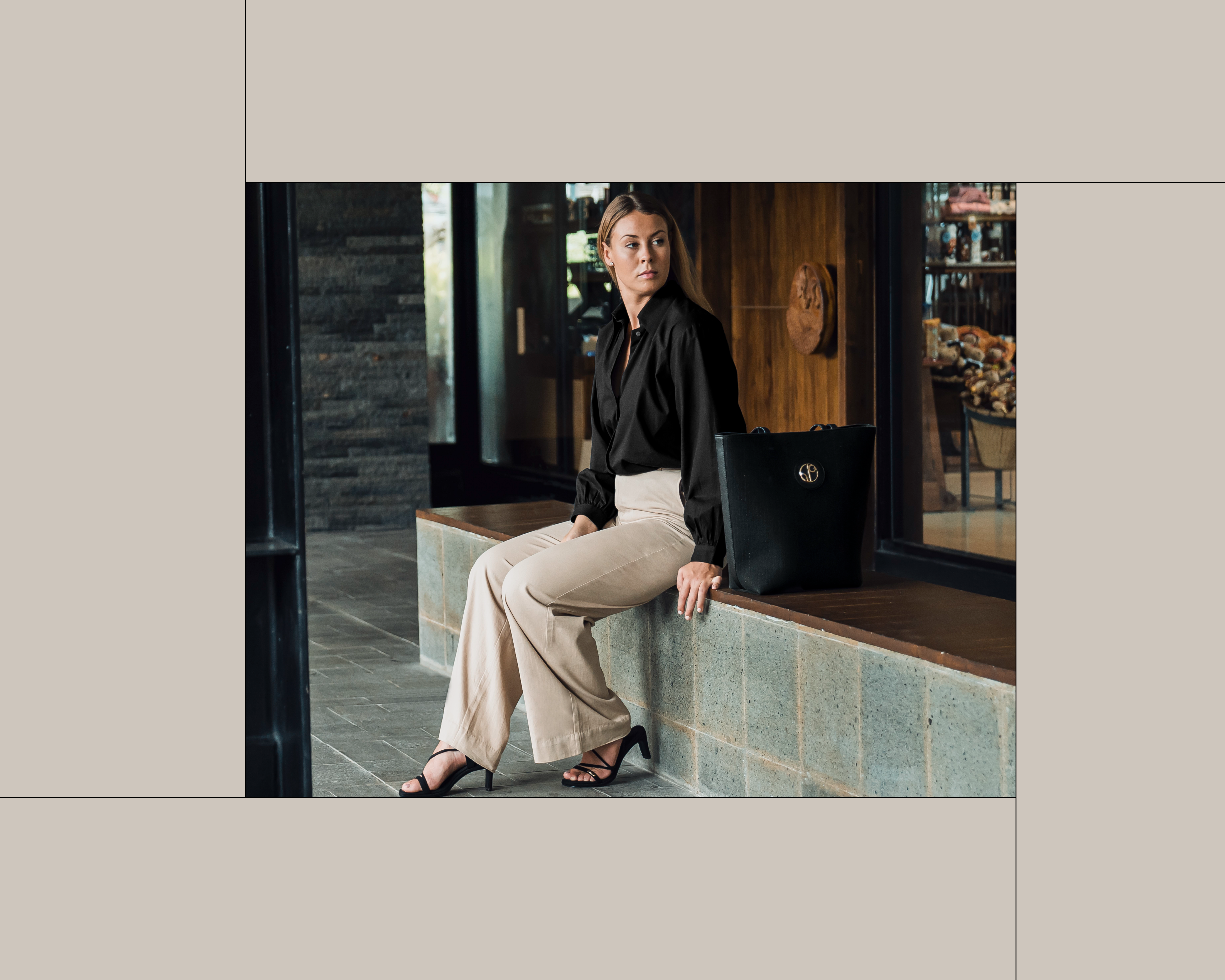
Discover what it means to be fashion forward with the seasonless wardrobe, boasting minimalism and sustainable luxury from 1 People. As a sustainable luxury fashion brand, the team at 1 People aims to redefine what it means to be fashion forward by offering styles that are sustainable and eco-friendly, without compromising the well-being of the people and the planet.
Short-lived trends are a thing of the past, because 1 People encourages its community to get creative with their styles. Not only will it speak to your true, authentic self, as it will also lessen the hurt on the planet.
Much Love,
1 People











